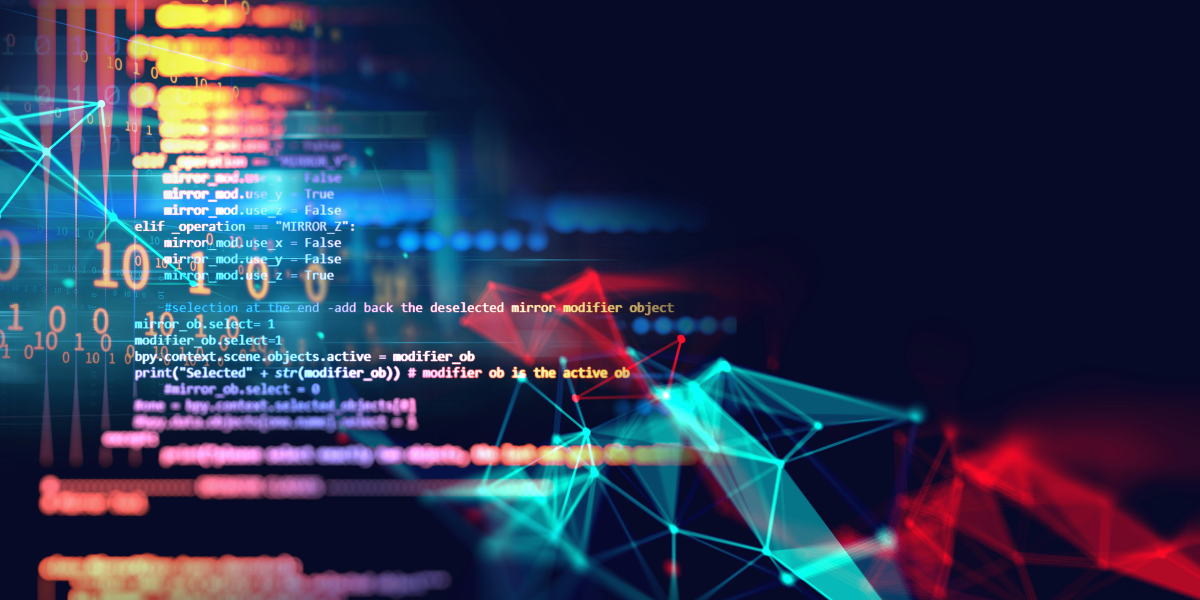The internet plays a pivotal role in modern life, facilitating activities ranging from shopping and banking to social interactions. However, the increasing reliance on online platforms also brings significant risks. Cyber threats are becoming more frequent and sophisticated, making cybersecurity essential for protecting our digital lives. Advances in artificial intelligence (AI) are enhancing cybersecurity measures, providing more effective ways to safeguard against these evolving threats.
Understanding Cyber Threats
Cyber threats encompass a variety of online dangers, including viruses, malware, and hacking attempts aimed at stealing personal information. Phishing is a common cyber threat where deceptive emails mimic legitimate sources, such as banks, to trick individuals into revealing their login details. Additionally, unauthorized access to computers and networks can lead to the theft of sensitive data, posing severe risks to individuals and organizations.
The Role of AI in Enhancing Cybersecurity
AI, or artificial intelligence, significantly improves cybersecurity by enabling systems to learn and make informed decisions. Here are key ways AI contributes to more robust cybersecurity:
Rapid Threat Detection
AI can process vast amounts of data swiftly, identifying unusual patterns that may indicate a cyber threat. This capability allows quicker detection and mitigation of potential attacks than traditional methods.
Predictive Analysis
AI analyzes historical data to predict future cyber attacks. By understanding past incidents, AI can anticipate and prepare defenses against possible future threats, enhancing proactive security measures.
Automated Responses
When a threat is detected, AI can initiate automatic responses to block malicious activities without human intervention. This rapid response capability minimizes the impact of cyber-attacks and reduces the time required to address security breaches.
The Importance of Cybersecurity Resilience
Cybersecurity resilience refers to the ability to recover quickly from cyber attacks and maintain operational continuity. Even with robust defenses, breaches can occur, making resilience crucial for minimizing damage and ensuring swift recovery.
Damage Limitation
Cyber attacks can result in significant data loss and system disruptions. Resilient cybersecurity measures help contain the damage and restore normal operations more efficiently.
Trust Building
Organizations that demonstrate strong resilience in handling cyber attacks earn the trust of their customers and stakeholders. This trust is vital for maintaining a positive reputation and customer loyalty.
Regulatory Compliance
Adhering to data protection laws and regulations is essential for organizations. Cybersecurity resilience helps ensure compliance, avoid legal penalties, and enhance overall security posture.
AI Advancements Supporting Cybersecurity Resilience
AI not only helps in preventing cyber attacks but also plays a crucial role in recovery and strengthening defenses:
Vulnerability Identification
AI can detect vulnerabilities in systems before hackers exploit them. Organizations can reinforce their security measures by identifying and addressing these weak points.
Automated Recovery Plans
AI can develop and execute recovery plans automatically during a cyber attack. This automation speeds up the restoration of systems and data, reducing downtime and operational disruptions.
Continuous Improvement
AI continuously learns from each cyber attack, improving its ability to prevent and respond to future threats. This ongoing learning process enhances the resilience of cybersecurity systems over time.
Challenges of Implementing AI in Cybersecurity
While AI offers significant benefits, there are challenges associated with its integration into cybersecurity strategies:
High Costs
Implementing AI-driven cybersecurity solutions can be expensive, posing financial challenges for smaller businesses and organizations with limited budgets.
Complexity
AI systems require sophisticated setup and management. Skilled professionals are necessary to handle the complexity of AI technologies and ensure their effective operation.
False Positives
AI may sometimes incorrectly identify legitimate activities as threats, leading to unnecessary alerts and actions. This can create disruptions and reduce the efficiency of cybersecurity operations.
Benefits of AI-Driven Cybersecurity for Businesses
Despite the challenges, AI-driven cybersecurity provides substantial advantages for businesses:
Enhanced Protection
AI offers superior protection against cyber threats by enabling faster and more accurate threat detection and response, ensuring a more secure digital environment.
Cost Efficiency
Although the initial investment in AI systems can be high, they can lead to long-term cost savings by preventing costly cyber attacks and reducing the need for extensive manual monitoring.
Operational Efficiency
AI automates many cybersecurity tasks, allowing human workers to focus on more strategic activities. This increases overall efficiency and effectiveness in managing security operations.
Cybersecurity Landscape
The cybersecurity landscape is rapidly evolving, driven by advancements in AI technology. AI enhances the ability to detect, predict, and respond to cyber threats, making the online world safer for individuals and businesses. Cybersecurity resilience is increasingly important, and AI plays a vital role in building robust defenses and ensuring swift attack recovery. While challenges such as high costs and system complexity exist, the benefits of AI-driven cybersecurity are significant. As AI advances, it will further strengthen our defenses against cyber threats, ensuring a more secure and resilient digital future.
Published by: Martin De Juan






